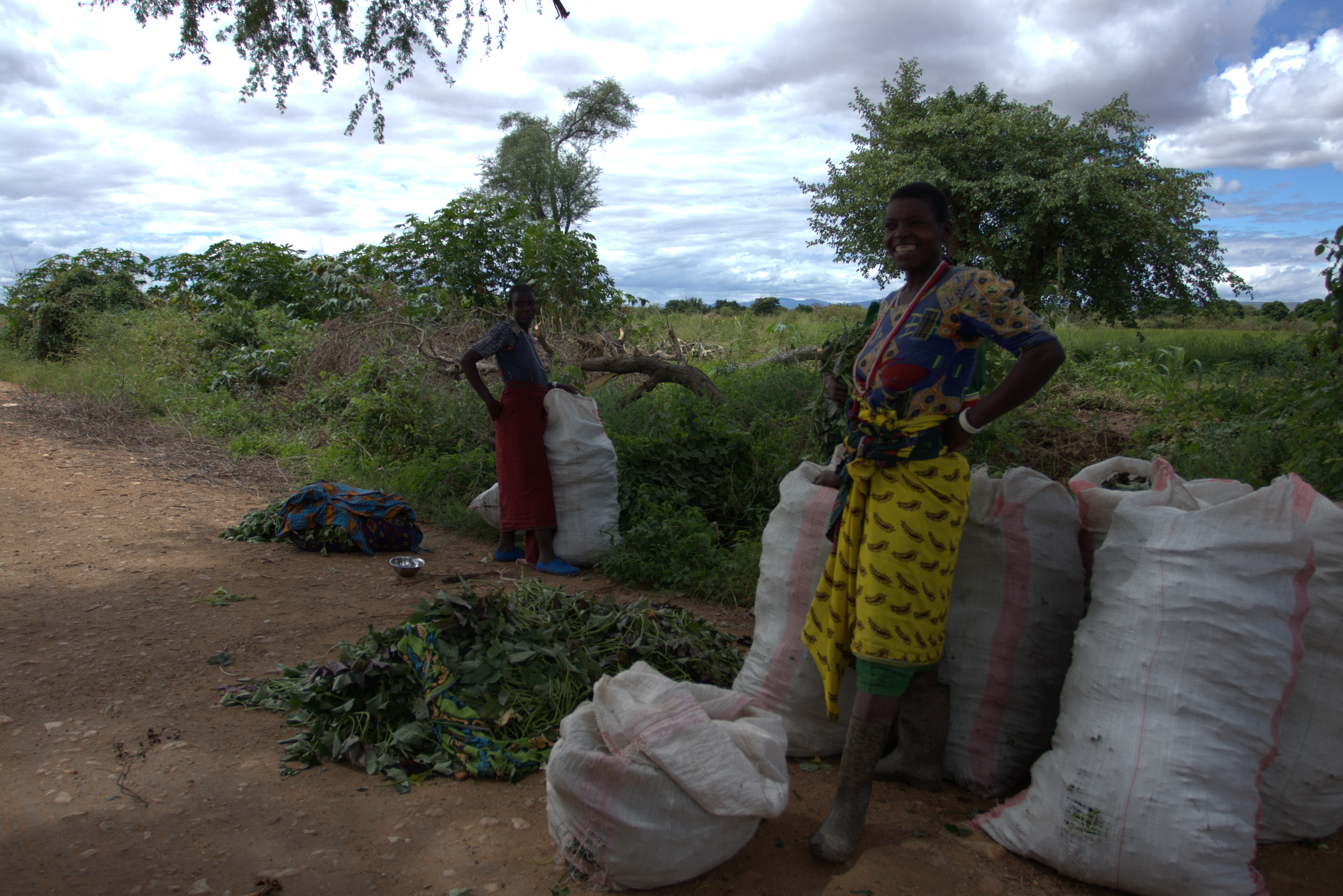
ECDPM Strategy 2012-2016: Extended results framework
Poverty reduction remains the principal objective of development cooperation. At the same time, development cooperation is increasingly called upon to contribute to major global transitions, a call that will require profound changes in the policies, practices and institutions of international cooperation.
Its core mission stipulates that ECDPM as a whole will make specific contributions to both the empowerment of actors in the developing world to determine their own development path and to the sustainable transformation of ‘traditional’ development cooperation (primarily based on donor-recipient relations and financial transfers) into the ‘modern’ forms of international cooperation (based on mutual responsibilities and the reconciliation of potentially diverging interests) required by the new global development agenda.
True to this mandate, for 2012-2016 the ECDPM has identified those global transitions that can be expected to challenge future cooperation between Europe, its member states and the countries of Africa, the Caribbean and the Pacific the most.
Building upon twenty-five years of practical experience, ECDPM then defines four thematic ‘lenses’ on the challenges that lay at the heart of the Europe’s relations and cooperation with the countries of Africa, the Caribbean and the Pacific in the near future.
Photo By cogdogblo
(1) Reconciling values and interests in the external action by the EU and its members states; here, ECDPM will concentrate on modernising EU External Action and Development Policy and the promotion of Security and the Rule of Law (particularly in fragile and conflict countries) to enable societies to become more resilient.
(2) Improving economic governance and trade for inclusive and sustainable growth; in this area, ECDPM focuses on enabling private sector development, innovative financing, domestic resource mobilisation and the role of extractive industries, including the horizontal linkages between extractive and productive sectors.
(3) Increasing the policy space for public and private actors in Africa to build their own, home grown political institutions and to achieve greater resilience; working in particular with the African Union, its specialised and regional organisations and, regional and local state, private and non-government organisations.
(4) More effective regional policies, regional integration and international cooperation for ensuring food security as a global public good, focusing on supporting regional and specialised African institutions, such as CAADP and NEPAD Agency, and on relevant policy interactions between Europe and Africa.



